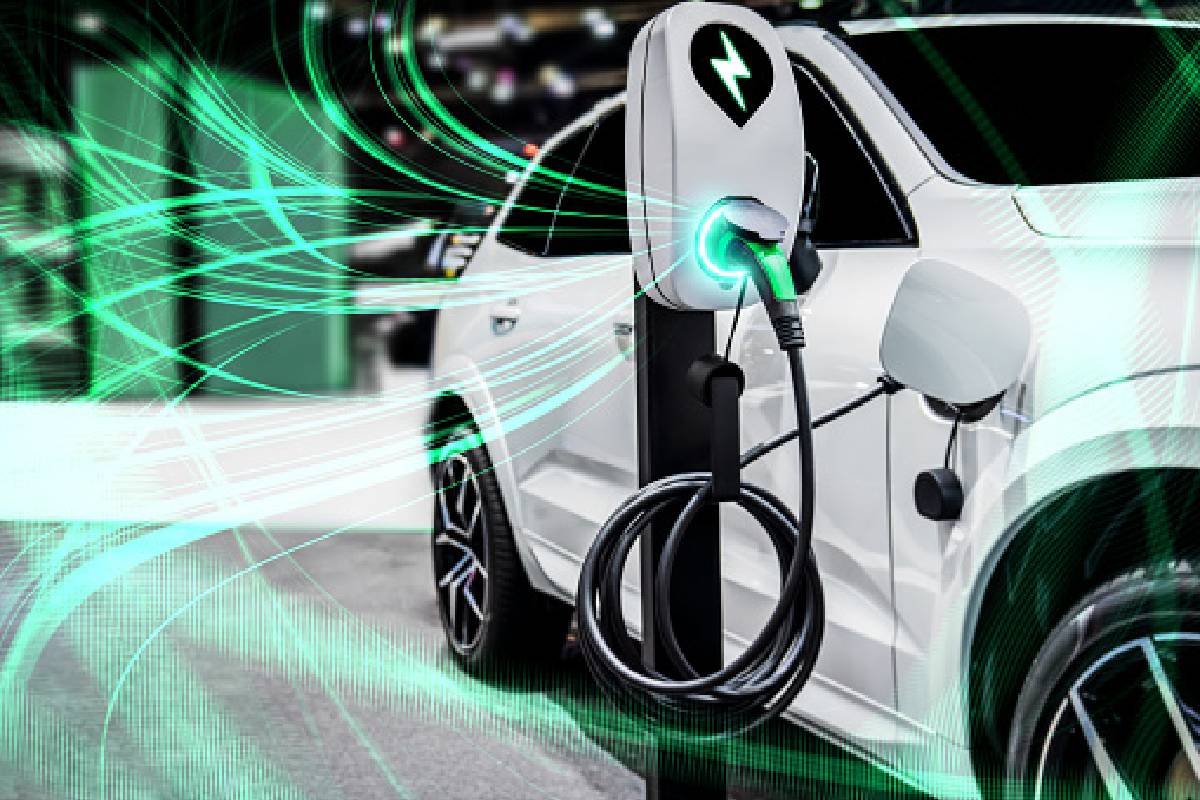
To serve the needs of the rental company’s clients, Hertz will cooperate with the oil giant BP to establish a nationwide EV charging network. The BP Pulse chargers, a division of the oil giant’s EV charging business, will provide the network with power.
The administration of Hertz’s charging system will fall under the purview of BP Pulse once it is operational. To better meet Hertz’s needs, BP will upgrade its Omega software. It is intended for managing the charging of electric vehicle fleets. Omega software offers a real-time snapshot of the entire infrastructure, including the EVs themselves, power usage, and chargers. It automates charging to take advantage of decreased energy prices.
The chargers will initially be set up at Hertz rental locations and will be accessible to both the general public and customers. According to its statement, the company has already invested in thousands of EV chargers; the relationship with BP will only result in faster expansion and improved management.
Future for EV Charging Network
Both businesses intend to electrify transportation, and they have big aspirations. By 2030, BP Pulse intends to install 100,000 EV chargers across the country. In 90% of the situations, these will be fast chargers. Conversely, Hertz pledged to purchase 340,000 electric cars from Tesla, GM, and Polestar.
By the end of 2024, Hertz wants to have 25% of its fleet run on electric vehicles. By then, it hopes to have three thousand EV chargers up and running in addition to the few EVs it now has on hand. BP Pulse is currently deploying EV chargers at 25 Hertz locations.
At this rate, renting an electric car from Hertz will be significantly less complicated; providing rental customers with access to charging stations is a very simple concept that will draw in more people. Because it gives the company an extra revenue stream, it is a win-win situation.


